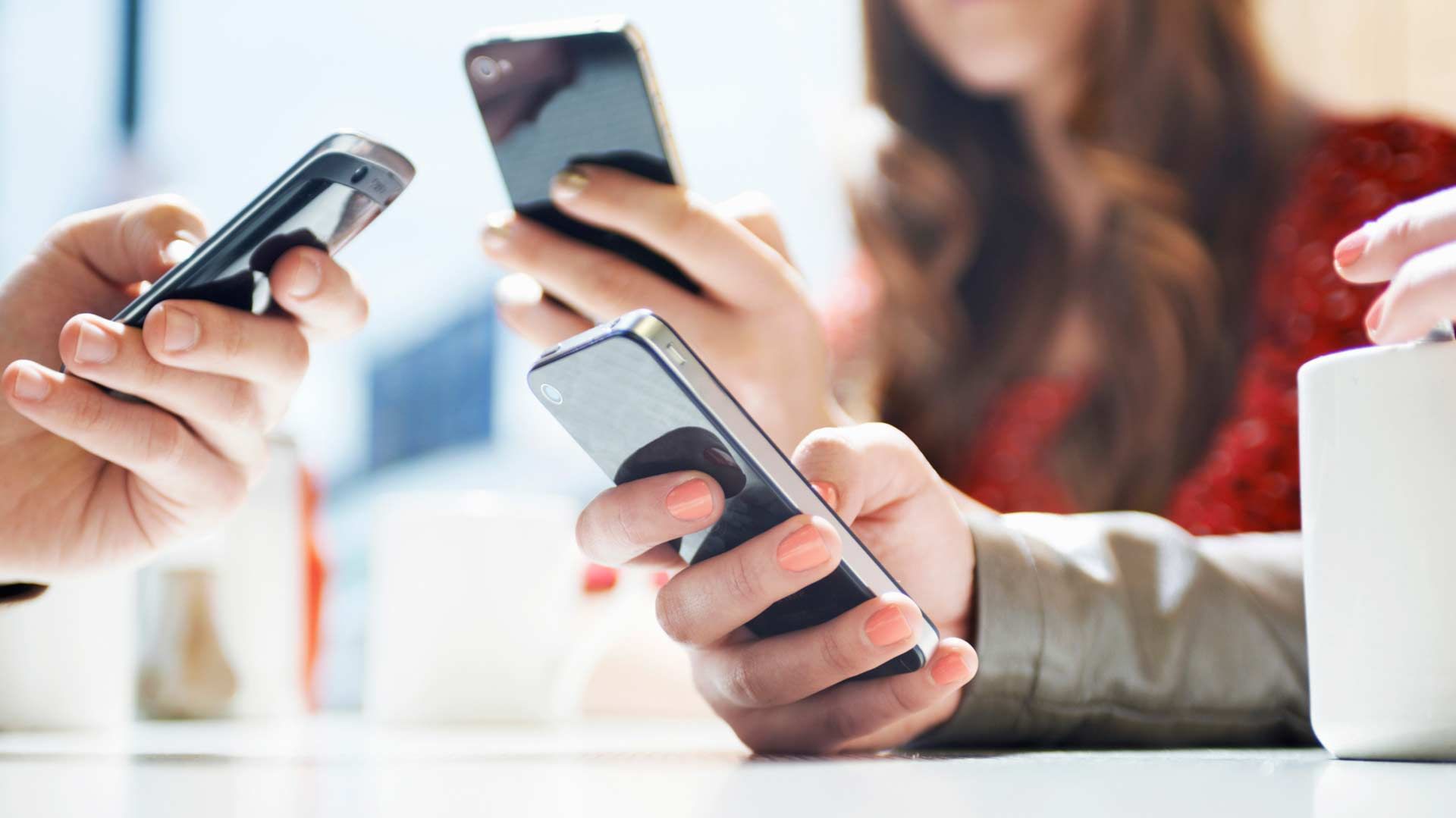Gone are the ‘Twilight’ days where you couldn’t decide between a vampire and a werewolf. Now, the dilemma lies between a human being and a slab of metal. Studies have shown that us Brits are more loyal to our phones than our partners, changing partners yearly over a five-year span, and only changing phones three times on average in the same time scale.
The research, conducted by SellMyMobile.com on 2,500 UK smartphone users, found that men are even more fickle in their love lives, averaging eight partners in five years. We seem to be in longer relationships with our mobile network contract than people.
Northerners have proven themselves to be most loyal, with those from Yorkshire and Humberside only having one relationship and two phones over five years. Whereas metropolitan Londoners are changing phones yearly and their partners almost bi-annually. Perhaps this has something to say about the pace of life: London’s bolting pace means people prioritise their work and technology over their love lives, spending a staggering £894 a year on their phones versus £384 on their partners.
Do we really rank mobile phones higher than real human interaction?
The study also revealed that 69% of Britons would rather be single than without a phone, whilst 42% would rather be alone on a desert island with their only smartphone, than another person. Do we really rank mobile phones higher than real human interaction?
You know you are real social media addict when you say "lol" instead of laughing out loud in real life 😅😅
— Montag3👑👑 (@C_Montag3) October 7, 2018
Part of the reason why could be phone addiction. A third of smartphone users would confess to being addicted to their device. It is suggested that Brits check their phones on average 28 times a day, amounting to more than 10,000 times a year. It’s hardly surprising that 21% of us admit that we can’t resist the urge to check our phones even whilst on a date.
Tanya Goodin, author of Off, explains why we find it difficult to switch off from our devices, suggesting that the “sophisticated neuroscience and persuasive tech” within our phones are what make them so addictive.
Jack Webster, a mobile expert from SellMyMobile.com, makes a valid point; our phones are more than just devices. They are our personal filo-faxes, our mailboxes, photo albums and much more, making it hard not to be sentimental about them. They have an abundance of uses which keep us hooked. However, is this also having a negative impact on our lives?
According to a Danish study by The Happiness Research Institution, after a week without Facebook, participants’ satisfaction levels significantly increased. Candidates were happier, less worried and depressed. They enjoyed life more and were less lonely.
Is there a way to find an equilibrium? Goodin suggests that frequent digital detoxes might be the way forward. Ditching your phone for a week, or even just your social media, could have endless positive benefits. It could be how you go about finding your life partner, as you spend less time looks at pixels and more time looking for a person.
Well the world carried on as normal, so I will be doing it again tonight! Thanks for the letter @Jessicarosewil which prompted me to do it! #phoneaddict
— Jenny Wren (@Jenny_Wr3n) November 16, 2018
If you fancy giving it a go, the AHC Support & Wellbeing service at the University of Leeds are running a ‘Back to the 90’s’ social experiment, whereby you quit social media for a week and see if it has any impacts on your own mental health. Email i.mcglinchey@leeds.ac.uk to sign up and be a part of it.
Beatriz Casarrubios Lopez
Image: [Mashable]

